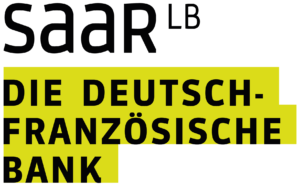In 298 municipalities in the Moselle-Est and Alsyce bossue regions, Sydeme takes care of waste management. Its production of bio-methane gas also promotes the expansion of renewable energies.
Our waste has potential – this is the motto of Sydeme, a local authority established in 1998 to manage the waste of around 380,000 inhabitants in the Moselle-Est and Alsace bossue region. Consistent waste separation and sustainable use of recyclable resources make Sydeme a pioneer in the entire region.
This already starts with the use of biodegradable rubbish bags: Instead of buying them on the other side of the world, the bags are produced locally in Behren. This is cheaper, secures jobs and ensures a very good CO2 balance. Waste processing is also carried out regionally. The household waste goes in part to the Velsen thermal waste processing plant, the recycling material to Saint-Avold and the organic waste to Morsbach and Saargemünd, where Sydeme also demonstrates its innovative strength in terms of the energy transition. In cooperation with the Waste Association Saar (Entsorgungsverband Saar, EVS), which performs similar tasks on the Saarland side, Sydeme built a plant in Saargemünd in 2016 as part of the “INTERREG IV Project” in which bio-methane is produced from green waste.
Whereas the public sector company started in 1998 with only a few employees, today it is an economically relevant player and offers around 200 employees a promising job.
Against this background, it was out of the question for SaarLB to support Sydeme together with French financiers such as Caisse d’Epargne. “The construction of the biogas plant in Saargemünd is an example of the innovative projects that can be implemented in reality”, explains Serge Starck, President of the Sydeme Waste Association. “In projects that relate to the expansion of renewable energies, close contact between the company and the bank is very important. At SaarLB, we have found a financial partner that is dedicated to the issues of waste disposal and treatment and is committed to cross-border cooperation in the greater region in many ways.”


